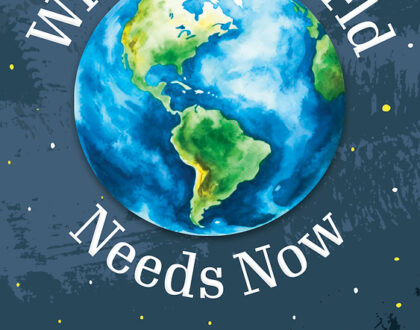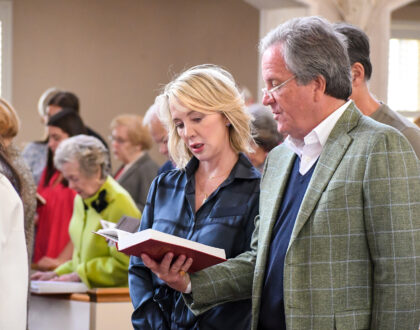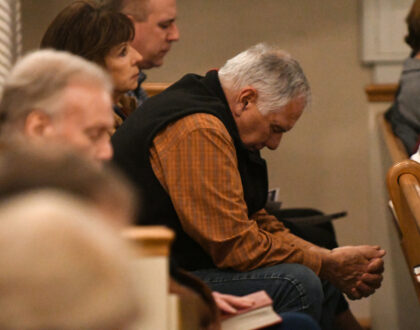Healing & Strengthening Democracy

Every Fourth of July, we should all make an intentional effort to name the many things that we love about our nation and its great history. My list always includes faith, church, freedom, liberty, natural beauty, the wisdom of our Founding Fathers, community, sacrifice, families, and the multiple ways that we pursue happiness and meaning in our lives. We are fortunate to live in this country even though it is far from perfect. Democracy is noisy. It will always have its flaws and challenges. Vigorous debate and the intelligent exchange of ideas should never be taken for granted. It is part of the process. America will celebrate its 247th birthday this Tuesday with parades, cookouts, lake parties, and fireworks, but democracies should never be taken for granted.
In his excellent book Healing the Heart of Democracy, Parker Palmer talks about the fragility of American democracy: “If American democracy fails, the ultimate cause will not be a foreign invasion or the power of big money or the greed and dishonesty of some elected officials or a socialist takeover that keeps some Americans awake at night…It will happen because we – you and I – became so fearful of each other, of our differences, and of the future, that we unraveled the civic community on which democracy depends, losing our power to resist all that threatens it and call it back to its highest form.” In other words, the greatest threat that America faces this century is not external, it is always from within. It comes from the division, polarization, moral decline, hatred, and demonization that we find between groups, parties, and individuals.
The late Eugene Peterson made a bold yet honest statement in his pastoral memoir: “I love being an American. I love this place in which I have been placed – its language, its history, its energy. But I don’t always love ‘the American Way,’ its culture and values. I don’t love the rampant consumerism that treats God as a product to be marketed. I don’t love the dehumanizing ways that turn men, women, and children into impersonal roles and causes and statistics. I don’t love the competitive spirit that treats others as rivals and even as enemies.” Much of what frustrated Peterson also troubled Jonathan Sacks before his own death. Incivility and anger have been on the rise. Divisions seem much stronger. Rhetoric is harsh. We face digital overload and social media addiction. “Civility is more than good manners. It is a recognition that violent speech leads to violent deeds; that listening respectfully to your opponent is a necessary part of the politics of a free society; and that liberal democracy, predicated as it is on the dignity of diversity, must keep the peace between contending groups by honoring us all equally, in both our diversity and our commonalities.”
How do we heal and strengthen our democracy? How do we do our part to make it better? Sacks offered three “principles” for all to consider. First, for there to be justice, all sides must be heard. Many believe their voice no longer matters. Second, truth on earth cannot aspire to be truth as it is in heaven. All truth on earth represents a perspective, and there are multiple perspectives. Everybody’s life, experience, and worldview are different. Third, the alternative to conversation is violence, which is why argument, conversation, and rigorous debate must never cease. We have seen what happens when it does. When civility dissipates, new problems will arise. The goal in returning to civility is not to change somebody else’s mind, but to build healthier relationships, foster community, learn from each other, and have meaningful dialogue in a culture that has resorted to echo chambers of the like-minded. Don’t give up your convictions, but learn to listen to others.
This Fourth of July, let’s give thanks for our great nation and keep these important principles in mind as we look ahead.
Recommended Posts

My Upcoming Book – ”What the World Needs Now“
April 01, 2025

Emotionally Intelligent Christianity
March 26, 2025

Humility and the Challenge of Personal Growth
March 19, 2025

